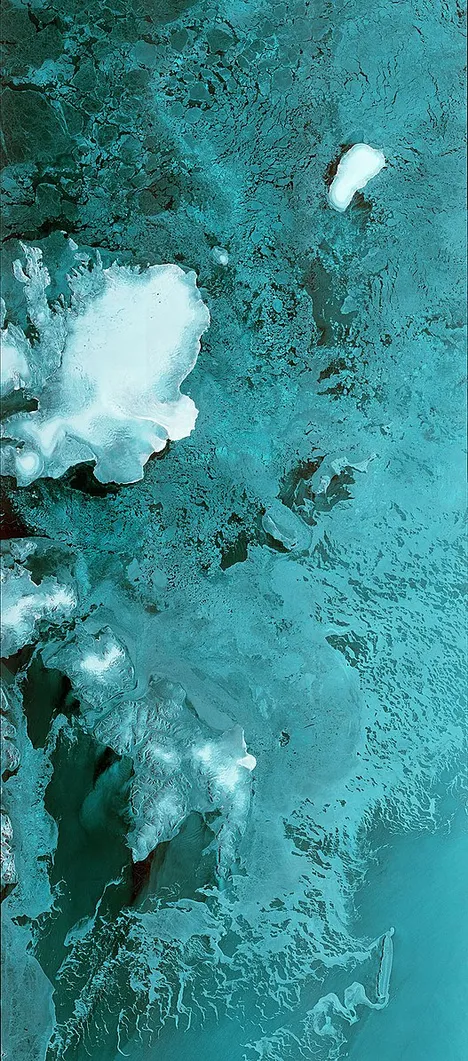Integrating Microwave Remote Sensing Data for Enhanced Monitoring using Deep Learning
- Sponsored by: TUM Chair of Data Science in Earth Observation
- Project lead: Dr. Ricardo Acevedo Cabra
- Scientific lead: M.Sc. Yueli Chen and Prof Xiaoxiang Zhu
- TUM Co-Mentor: TBA
- Term: Summer semester 2025
- Application deadline: Sunday 19.01.2025
Apply to this project here

Motivation
Microwave remote sensing is indispensable for monitoring critical environmental dynamics, such as soil moisture fluctuations, freeze-thaw cycles, surface deformations, etc. Its ability to operate in all weather conditions and independently of daylight makes it particularly valuable across diverse environments. However, the complementary strengths of passive and active microwave sensors are often underutilized due to spatial and temporal resolution limitations, respectively. A robust integration of these data types could significantly enhance environmental monitoring capabilities.
Goals
This project aims to integrate high temporal resolution passive microwave data with high spatial resolution active microwave data to produce dense, high-resolution time series for environmental monitoring. By leveraging the complementary strengths of passive sensors like SMAP and SMOS, which provide frequent observations with broad coverage, and active sensors such as Sentinel-1, which offer fine spatial detail, the project seeks to overcome the limitations of each sensor type. A key focus will be on evaluating the generalizability of the developed methods across diverse environmental settings, ensuring that the resulting models are robust and applicable to a wide range of conditions.
Tasks
- Data Collection and Preprocessing: Collect and preprocess active and passive microwave remote sensing data from diverse environments. (mainly by mentor).
- Model Design and Training: Explore deep neural network (DNN) frameworks for integrating multi-sensor data. Train and validate the DNN model using prepared microwave datasets.
- Generalizability Analysis: Analyze the model's performance across different environmental settings to assess its robustness and applicability.
Requirements for Students:
- Background in remote sensing, machine learning, or related fields.
- Experience with data processing and a good understanding of deep learning frameworks.
- Strong programming skills in Python or similar languages.
- Interest in remote sensing and earth science.
Join us in this innovative research project to advance environmental monitoring through the fusion of remote sensing and deep learning.